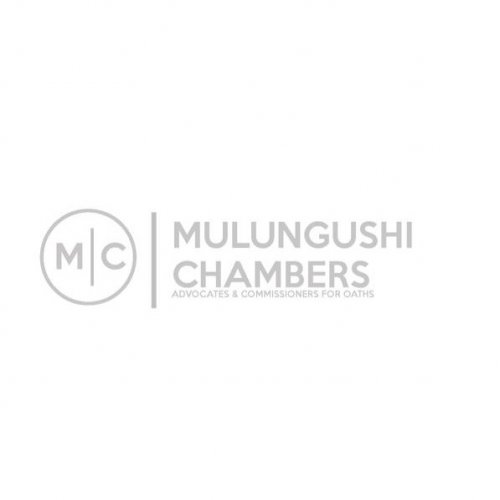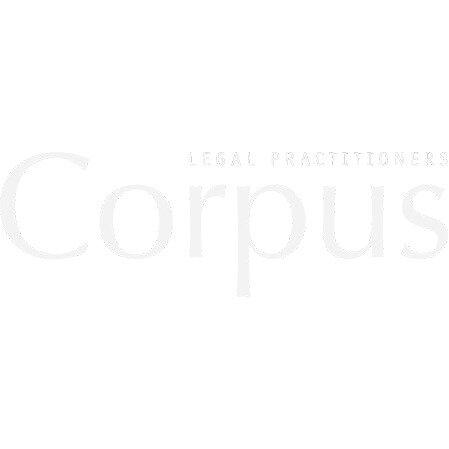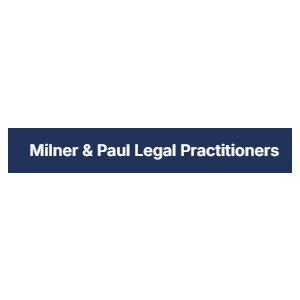Best Antitrust Litigation Lawyers in Lusaka
Share your needs with us, get contacted by law firms.
Free. Takes 2 min.
List of the best lawyers in Lusaka, Zambia
About Antitrust Litigation Law in Lusaka, Zambia
Antitrust litigation refers to legal proceedings that address unfair competition, monopolistic practices, abuse of market dominance, and anti-competitive agreements in the market. In Lusaka, Zambia, these cases involve enforcing and interpreting laws designed to promote fair business competition and protect consumers and smaller businesses from predatory practices by more powerful entities. The main aim of antitrust law is to ensure that markets operate efficiently and that businesses compete fairly, without undue interference or collusion that could harm the competitive process. Zambia’s antitrust framework is relatively modern and continually evolving to adapt to the country’s economic development and business landscape.
Why You May Need a Lawyer
There are several situations where legal expertise in antitrust litigation becomes essential in Lusaka, Zambia. Companies or individuals may require the support of a lawyer if they believe they have been victims of anti-competitive behaviors such as collusive price-fixing, market sharing, abuse of dominance, or exclusionary practices by larger competitors. Businesses under investigation by authorities like the Competition and Consumer Protection Commission (CCPC) face complex procedures and possible penalties, making legal representation critical for compliance and defense. Entering into large mergers or acquisitions that may affect market competition often requires careful legal review to seek regulatory clearance. Furthermore, aggrieved parties might seek damages or injunctive relief when they have been harmed by anti-competitive conduct. Lawyers can also guide businesses on how to structure agreements to avoid running afoul of antitrust laws.
Local Laws Overview
Antitrust laws in Zambia are primarily governed by the Competition and Consumer Protection Act (CCPA) of 2010, administered and enforced by the Competition and Consumer Protection Commission (CCPC). The CCPA prohibits practices such as agreements that restrict competition, abuse of dominant market positions, and certain mergers and acquisitions that could lessen competition. Key aspects include:
- Prohibition of agreements, decisions, or concerted practices that prevent, restrict, or distort competition in Zambia
- Outlawing abuse of a dominant position, including unfair pricing, limiting production, and refusal to supply
- Mandatory notification and approval of certain mergers and acquisitions
- Investigative powers and enforcement actions by the CCPC, including dawn raids, requests for information, and public hearings
- Penalties for non-compliance, including fines or orders to cease prohibited conduct
- Provision for private actions, allowing parties to seek civil redress for harm caused by anti-competitive practices
Procedurally, antitrust disputes may be heard before the CCPC itself or, on appeal, before the Competition and Consumer Protection Tribunal or the High Court, depending on the case.
Frequently Asked Questions
What is considered an anti-competitive practice under Zambian law?
Anti-competitive practices include agreements to fix prices, divide markets, rig bids, abuse dominant market positions, and actions that substantially reduce competition or create barriers to market entry.
Who regulates antitrust matters in Lusaka, Zambia?
The Competition and Consumer Protection Commission (CCPC) is the main regulatory authority responsible for enforcing antitrust laws in Lusaka and throughout Zambia.
What should I do if I suspect my competitors are colluding?
You should gather evidence and report your suspicions to the CCPC. Consulting a lawyer can help you understand your options and assist with making a formal complaint.
How are mergers and acquisitions reviewed?
Certain mergers and acquisitions must be notified to the CCPC for review. The commission assesses whether the deal would lessen competition and may approve, conditionally approve, or block the transaction.
Can consumers file antitrust complaints?
Yes, consumers as well as businesses can file complaints with the CCPC if they believe anti-competitive practices are occurring.
What penalties can be imposed for breaching antitrust law?
Penalties for violations include fines, orders to cease certain conduct, and sometimes reversal or blocking of transactions. Repeat or egregious offenders may face harsher sanctions.
Is it possible to appeal a CCPC decision?
Yes, parties affected by a CCPC decision may appeal to the Competition and Consumer Protection Tribunal and, in some cases, further to the High Court.
What rights do I have if harmed by anti-competitive conduct?
You may have the right to claim damages or seek injunctions through private legal actions in addition to any remedies pursued by the CCPC.
Do small businesses need to worry about antitrust compliance?
Yes, all businesses, regardless of size, must comply with antitrust laws. Small businesses involved in agreements or practices that violate the law can also face penalties.
How can a lawyer assist with antitrust issues?
A lawyer can provide advice on compliance, represent you in investigations or hearings, handle merger notifications, and litigate if you have been harmed or accused of anti-competitive conduct.
Additional Resources
For further information and assistance in Lusaka, Zambia, you may contact or consult:
- Competition and Consumer Protection Commission (CCPC) - the primary authority for antitrust enforcement
- Competition and Consumer Protection Tribunal - the appellate body for competition law matters
- Zambia Law Development Commission - for research and updates on legal reforms
- The Law Association of Zambia - for referrals to experienced antitrust lawyers
- The Ministry of Commerce, Trade and Industry - for policy guidance and regulatory updates
Next Steps
If you believe you are dealing with or affected by anti-competitive conduct, or if you are considering a business transaction that may raise antitrust concerns, it is advisable to seek legal advice as soon as possible. You can start by:
- Consulting a qualified lawyer experienced in antitrust litigation in Lusaka
- Gathering all relevant documents and factual details about your situation
- Contacting the Competition and Consumer Protection Commission to inquire about complaint procedures or compliance requirements
- Engaging in preliminary meetings to evaluate your case and discuss legal strategies
- Following through on compliance advice to avoid future liability
Early legal intervention can make a significant difference in protecting your interests and ensuring compliance with Zambia’s antitrust laws.
Lawzana helps you find the best lawyers and law firms in Lusaka through a curated and pre-screened list of qualified legal professionals. Our platform offers rankings and detailed profiles of attorneys and law firms, allowing you to compare based on practice areas, including Antitrust Litigation, experience, and client feedback.
Each profile includes a description of the firm's areas of practice, client reviews, team members and partners, year of establishment, spoken languages, office locations, contact information, social media presence, and any published articles or resources. Most firms on our platform speak English and are experienced in both local and international legal matters.
Get a quote from top-rated law firms in Lusaka, Zambia — quickly, securely, and without unnecessary hassle.
Disclaimer:
The information provided on this page is for general informational purposes only and does not constitute legal advice. While we strive to ensure the accuracy and relevance of the content, legal information may change over time, and interpretations of the law can vary. You should always consult with a qualified legal professional for advice specific to your situation.
We disclaim all liability for actions taken or not taken based on the content of this page. If you believe any information is incorrect or outdated, please contact us, and we will review and update it where appropriate.

















